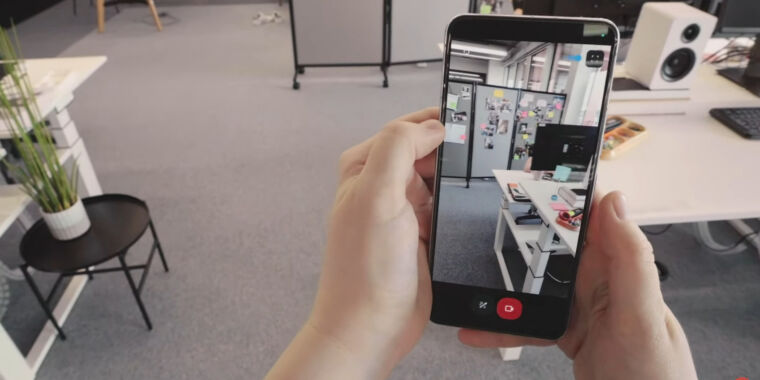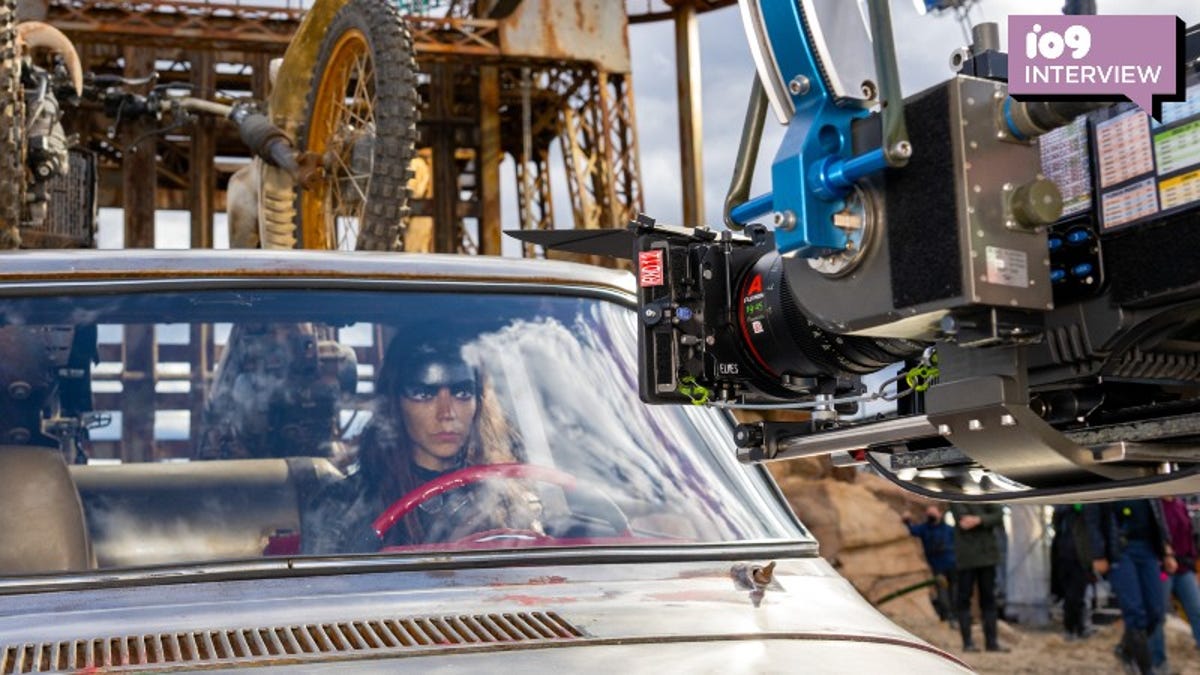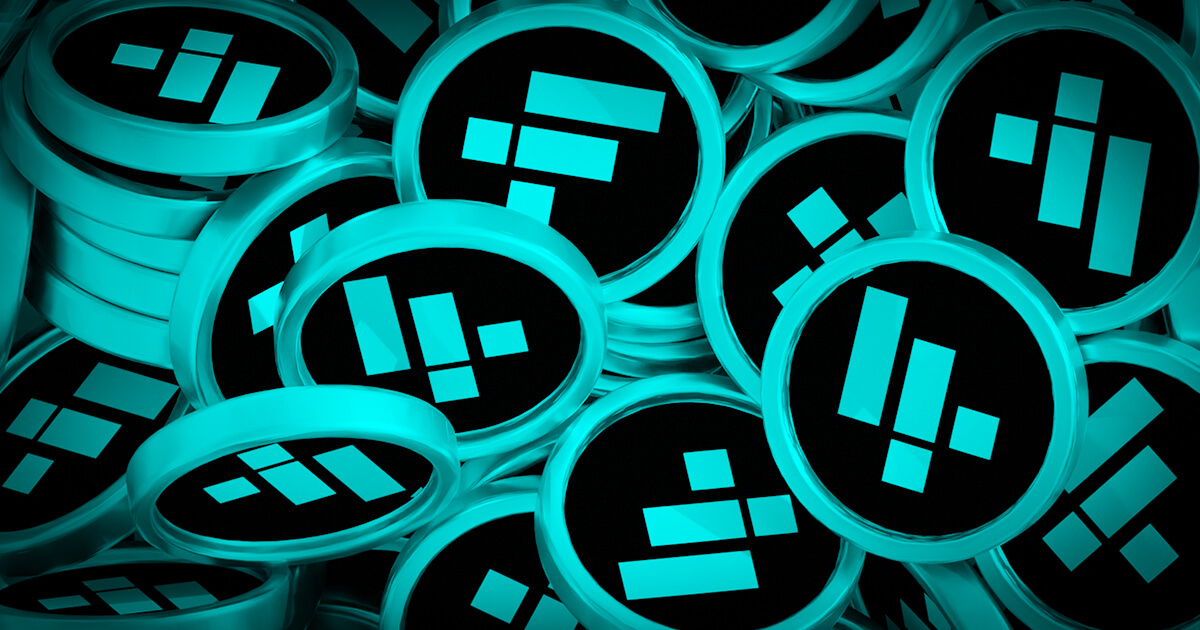Google’s Latest Breakthrough in AI Technology
On the heels of OpenAI’s unveiling of GPT-4o, described as having the ability to comprehend video content and engage in discussions about it, Google made a significant announcement about Project Astra. Presented by Google DeepMind CEO Demis Hassabis during the keynote at the Google I/O conference in Mountain View, Project Astra represents a groundbreaking research prototype with advanced video comprehension capabilities.
Hassabis introduced Astra as a “universal agent designed to assist in daily life.” A live demonstration showcased Astra’s proficiency in identifying sound-emitting objects, offering creative alliterations, explaining code displayed on a screen, and locating misplaced items. Furthermore, the AI assistant displayed its potential in wearable devices like smart glasses, where it could analyze diagrams, suggest enhancements, and provide clever responses to visual cues.
Features and Functionality
Google explains that Astra utilizes the camera and microphone on a user’s device for everyday assistance. By continuously processing and encoding video frames and speech input, Astra creates a detailed timeline of events and stores this information for rapid retrieval. This process empowers the AI to recognize objects, respond to questions, and recall objects that are no longer within the camera’s view.
Future Integration and Development
Although Project Astra is still in its nascent stages and lacks specific rollout plans, Google has hinted at potential integration of these capabilities into products like the Gemini app later this year through a feature named “Gemini Live.” This advancement marks a significant progression in the evolution of helpful AI assistants, moving towards the creation of an agent with proactive thinking, reasoning, and planning abilities on behalf of the user, as articulated by Google CEO Sundar Pichai.
Google’s AI Projections at Google I/O
During the Google I/O event, Google publicized a multitude of AI-related disclosures, signaling advancements in various aspects of AI technology. Notably, an “enhanced” version of the Gemini 1.5 Pro, anticipated to arrive soon, was mentioned at the outset of the keynote by Pichai. This upgraded version boasts a 2 million-token context window, allowing the processing of extensive volumes of documents or lengthy sequences of encoded videos in one go.
- Google Charges
- Price: $7 per million input tokens
- Global Response: $14 per prompt
In addition, Google announced the imminent availability of the 1-million token context window previously exclusive to Gemini Advanced subscribers for Gemini 1.5 Pro. Moreover, a new AI model dubbed Gemini 1.5 Flash was introduced as a lightweight, faster, and more cost-effective alternative to Gemini 1.5. Google touted it as the fastest model in the Gemini lineup, optimized for high-frequency and high-volume tasks.
- Google Charges for Flash
- Flash Costs: $0.35 per million tokens for prompts up to 128K tokens
- Flash Costs: $0.70 per million tokens for prompts longer than 128K tokens
Furthermore, Google revealed Gems, a feature akin to OpenAI’s GPTs, that allows users to define custom roles for the Google Gemini chatbot. Users can personalize Gemini for various functions such as a gym companion, sous chef, programming collaborator, or creative writing mentor.
New Generative AI Models
At the Google I/O event, Google unveiled several innovative generative AI models focused on producing images, audio, and video content. Imagen 3, the latest in Google’s image synthesis models series, boasts exceptional text-to-image capabilities, creating images with enhanced detail, improved lighting, and minimal artifacts.
- Google’s Music AI Sandbox
- Google Combines:
- YouTube Music Project
- Lyria AI Music Generator
Additionally, Google presented its Music AI Sandbox, a suite of AI tools merging the YouTube music project with the Lyria AI music generator to revolutionize music creation. Moreover, Google introduced Google Veo, a text-to-video generator producing high-quality 1080P videos comparable to OpenAI’s Sora, collaborating with actor Donald Glover to create an AI-generated demonstration film.
Google has opened wait lists for creators to sign up for a private preview of these new AI creative tools offering cutting-edge technologies in image, audio, and video generation.
Image/Photo credit: source url





